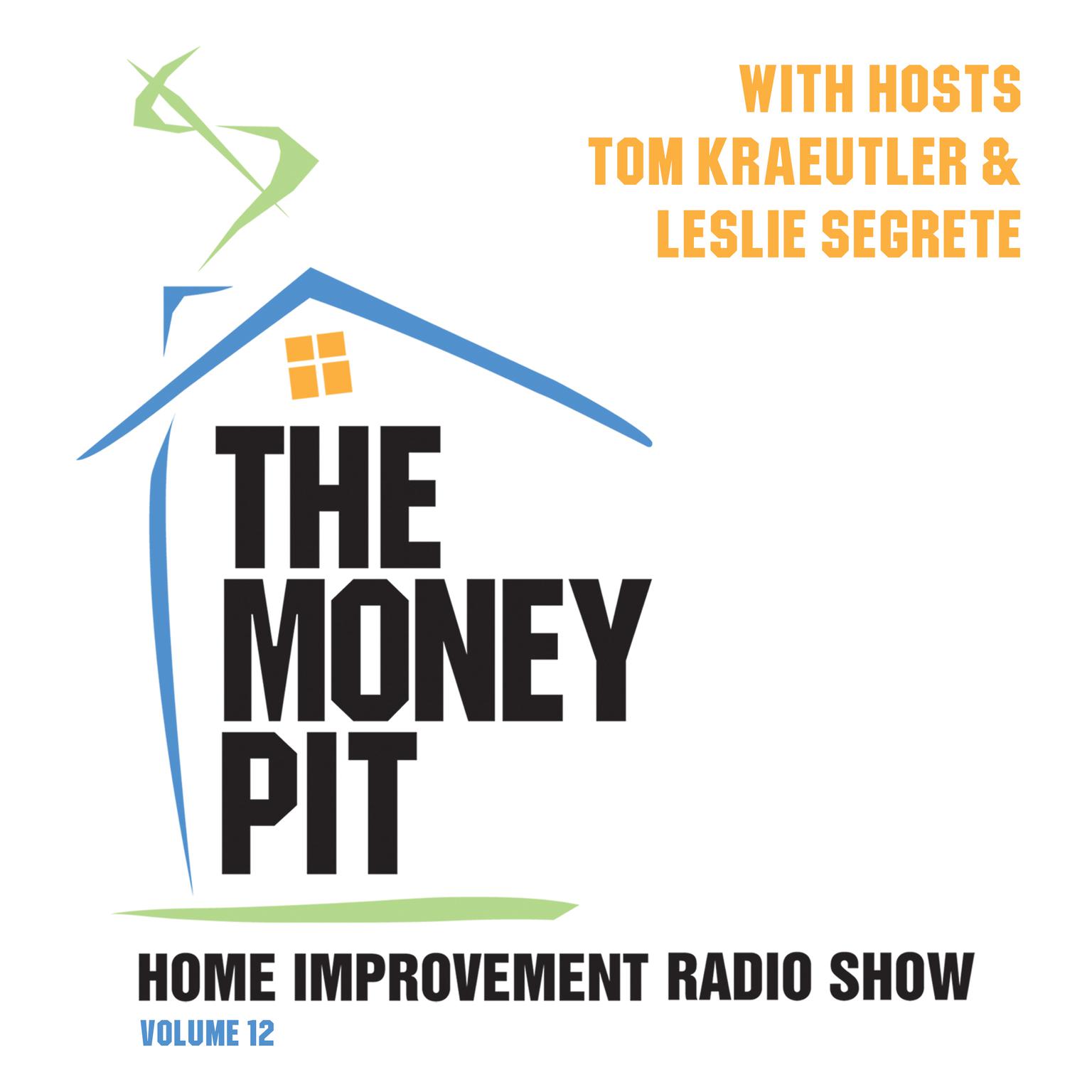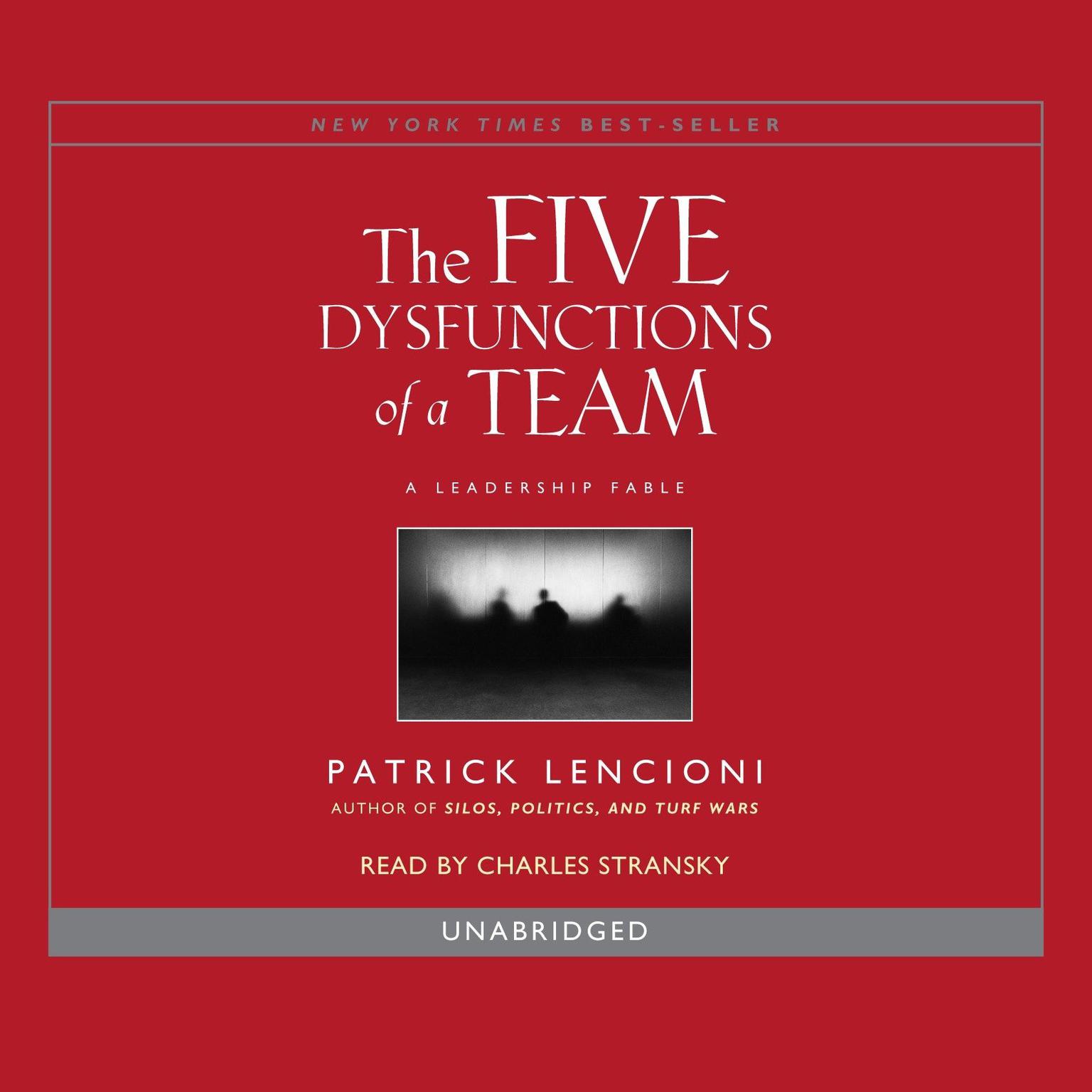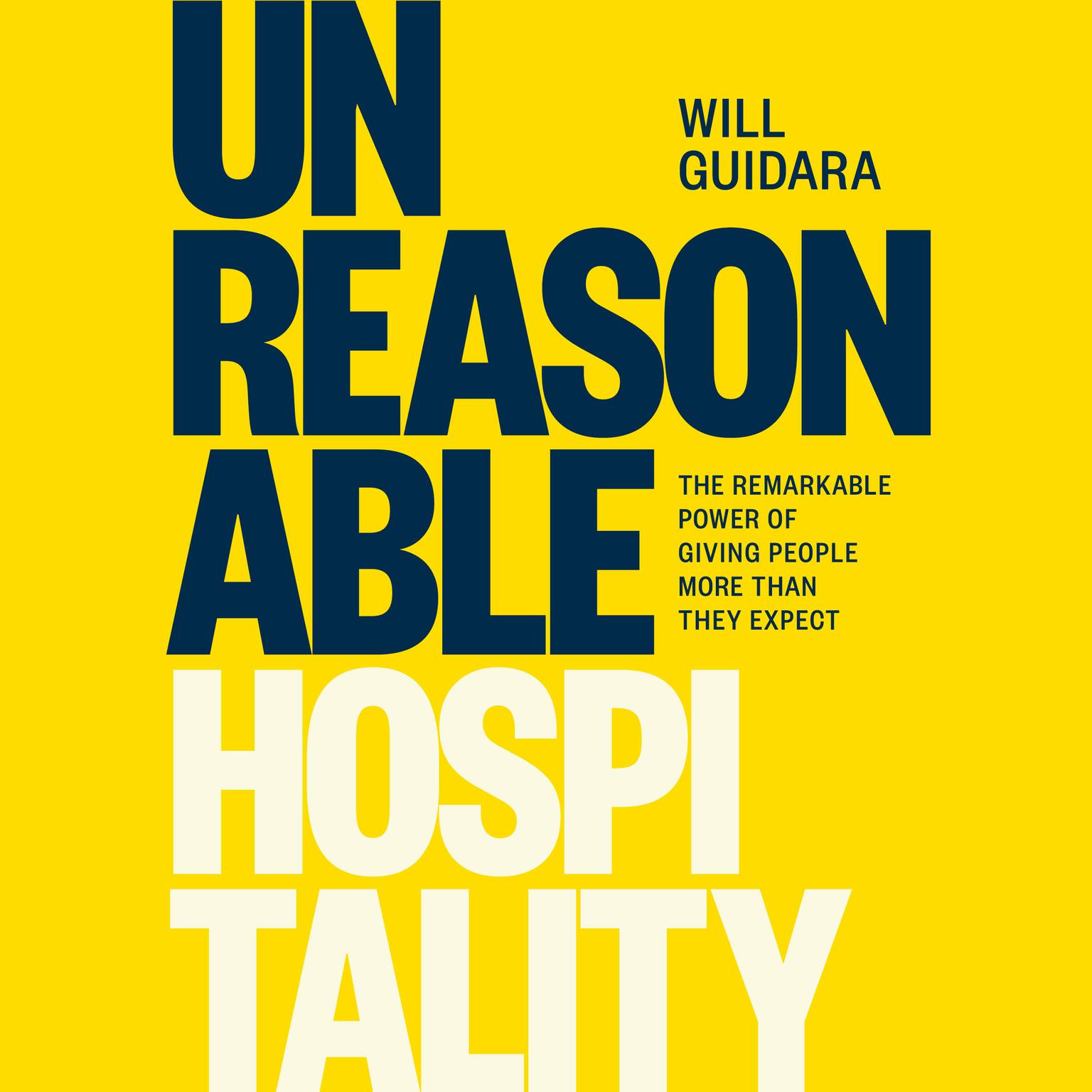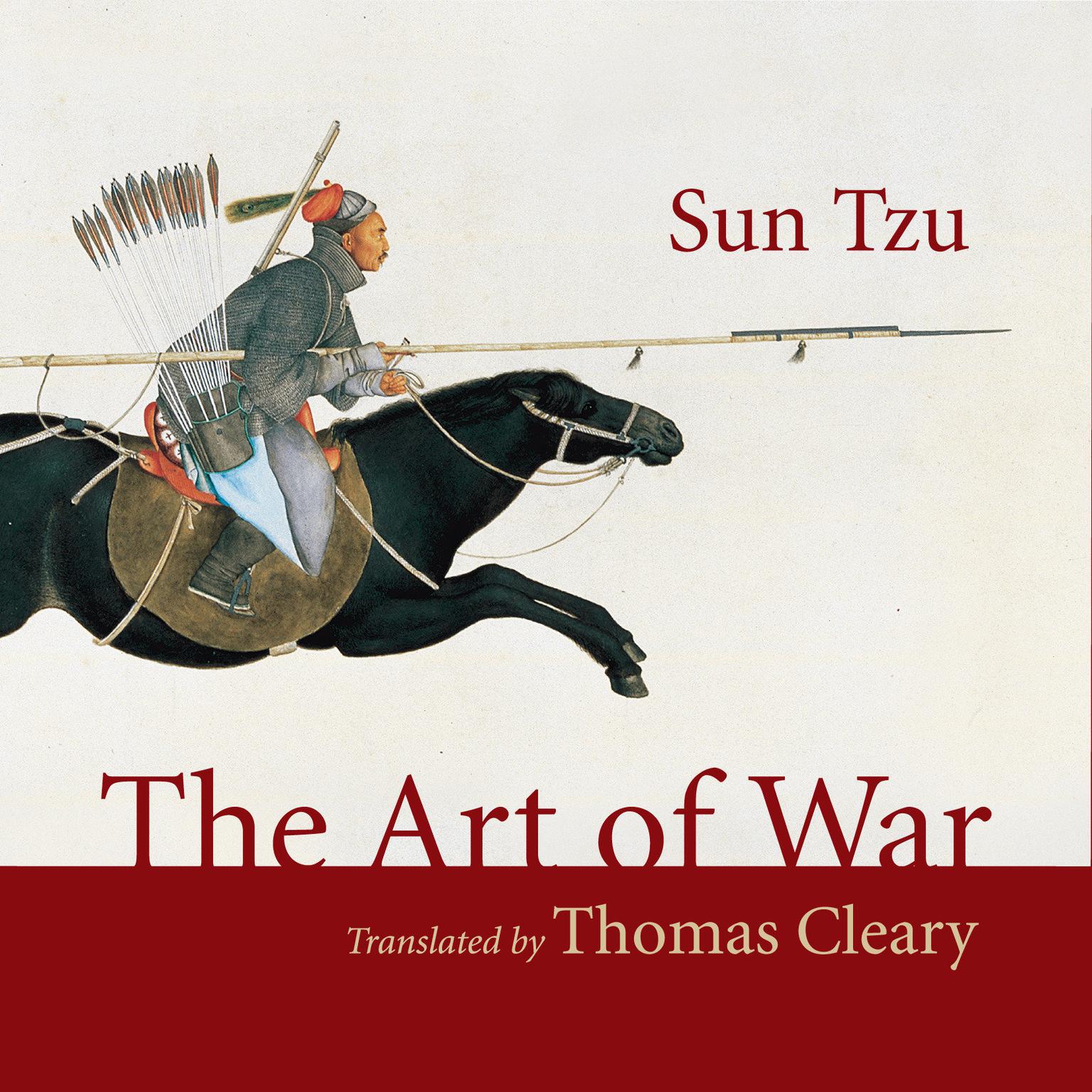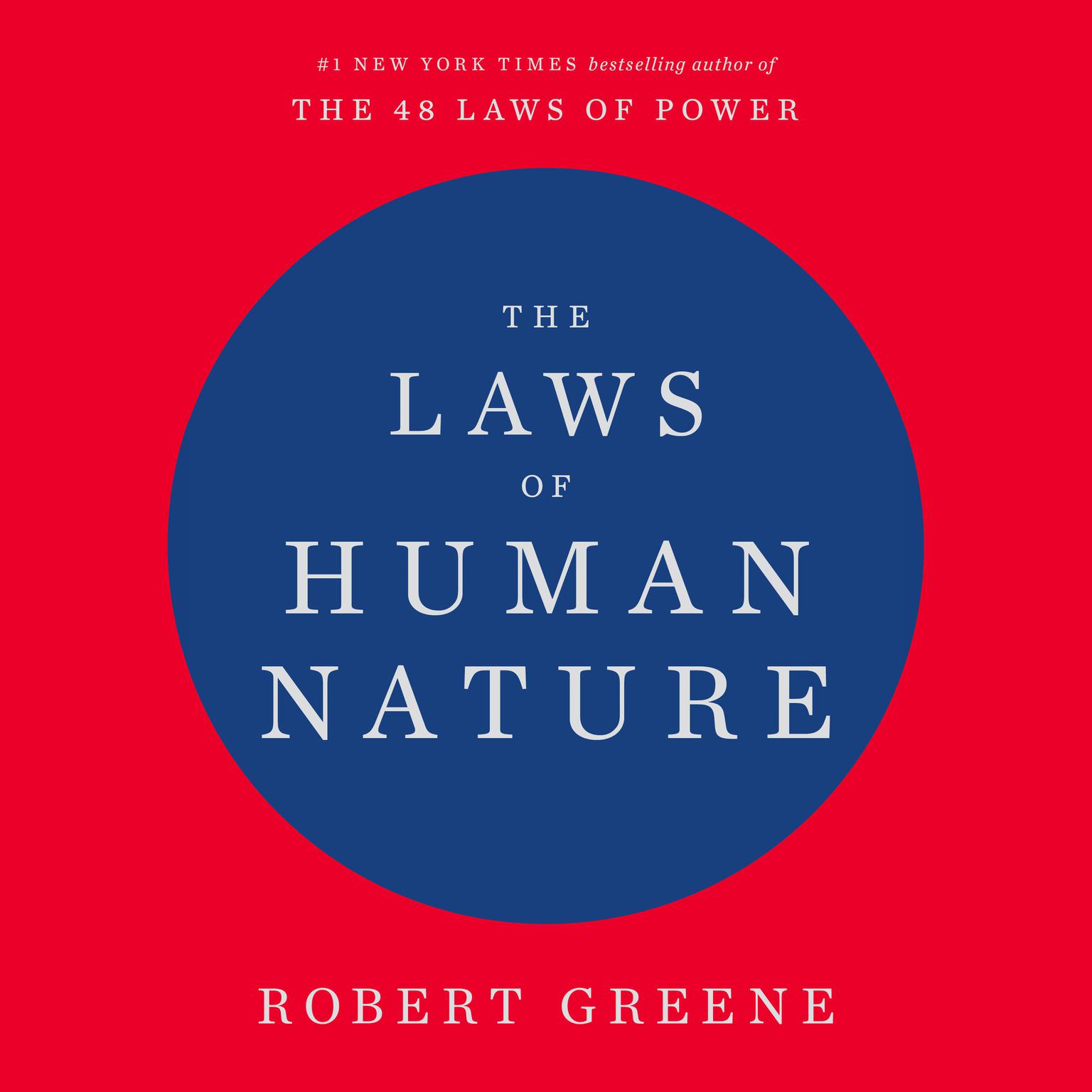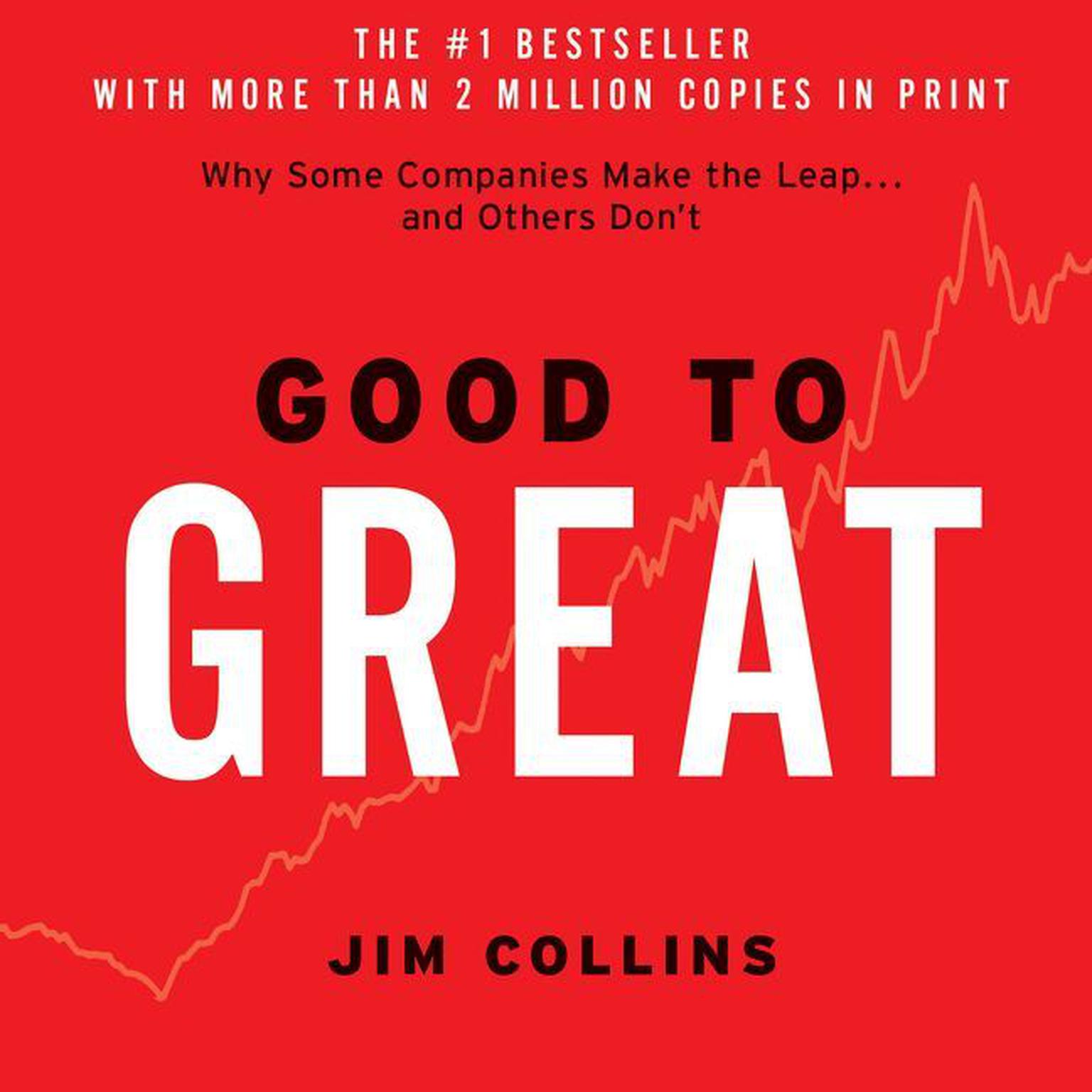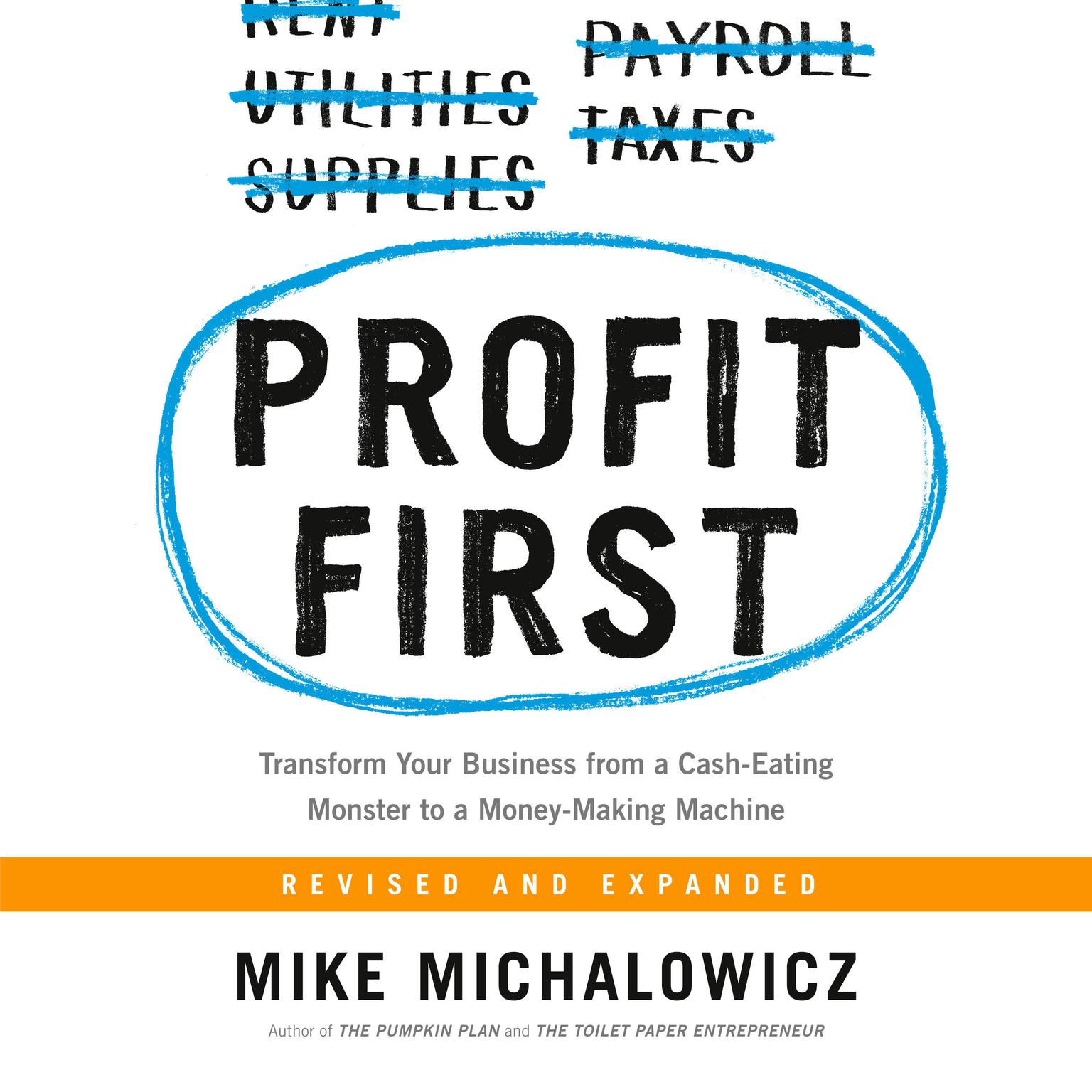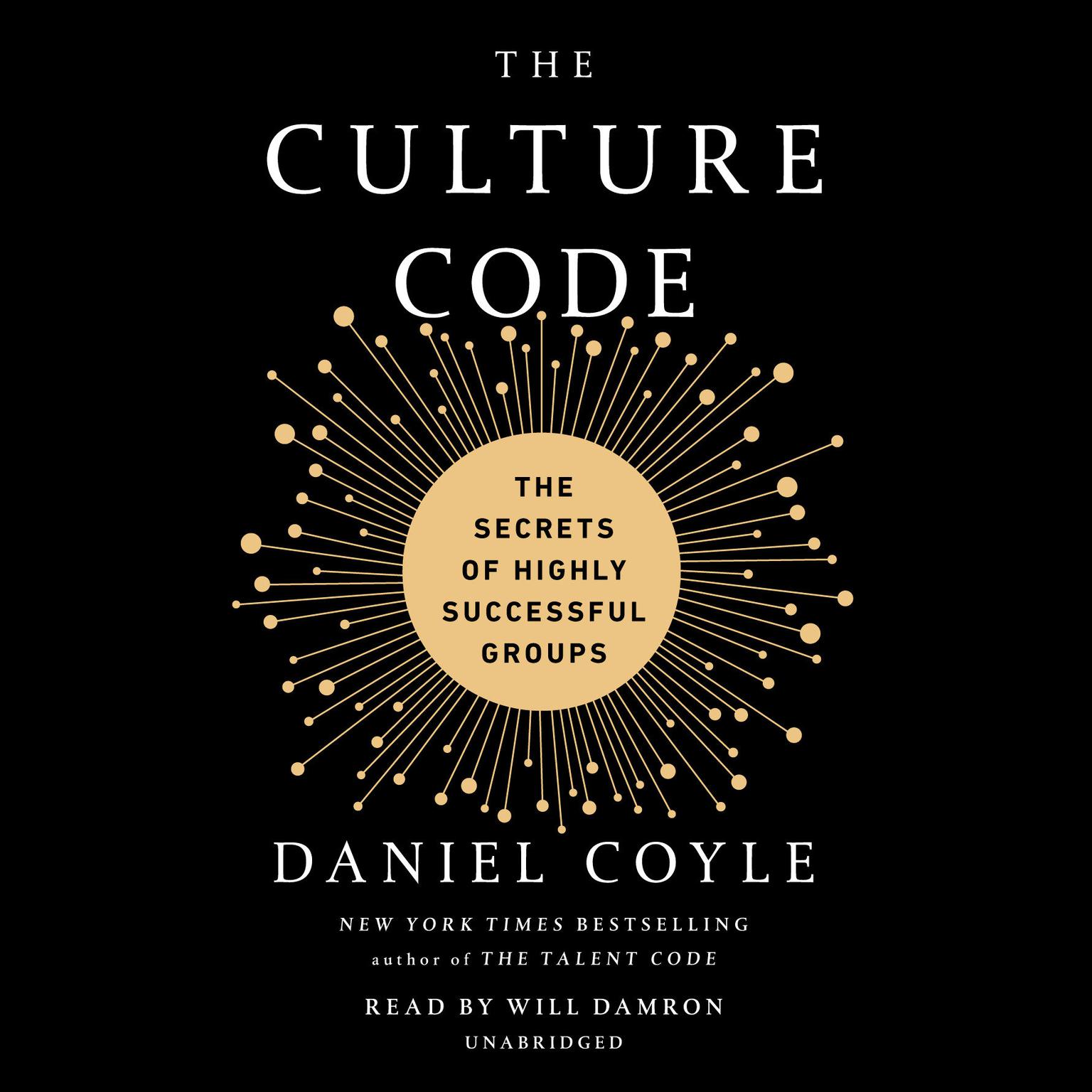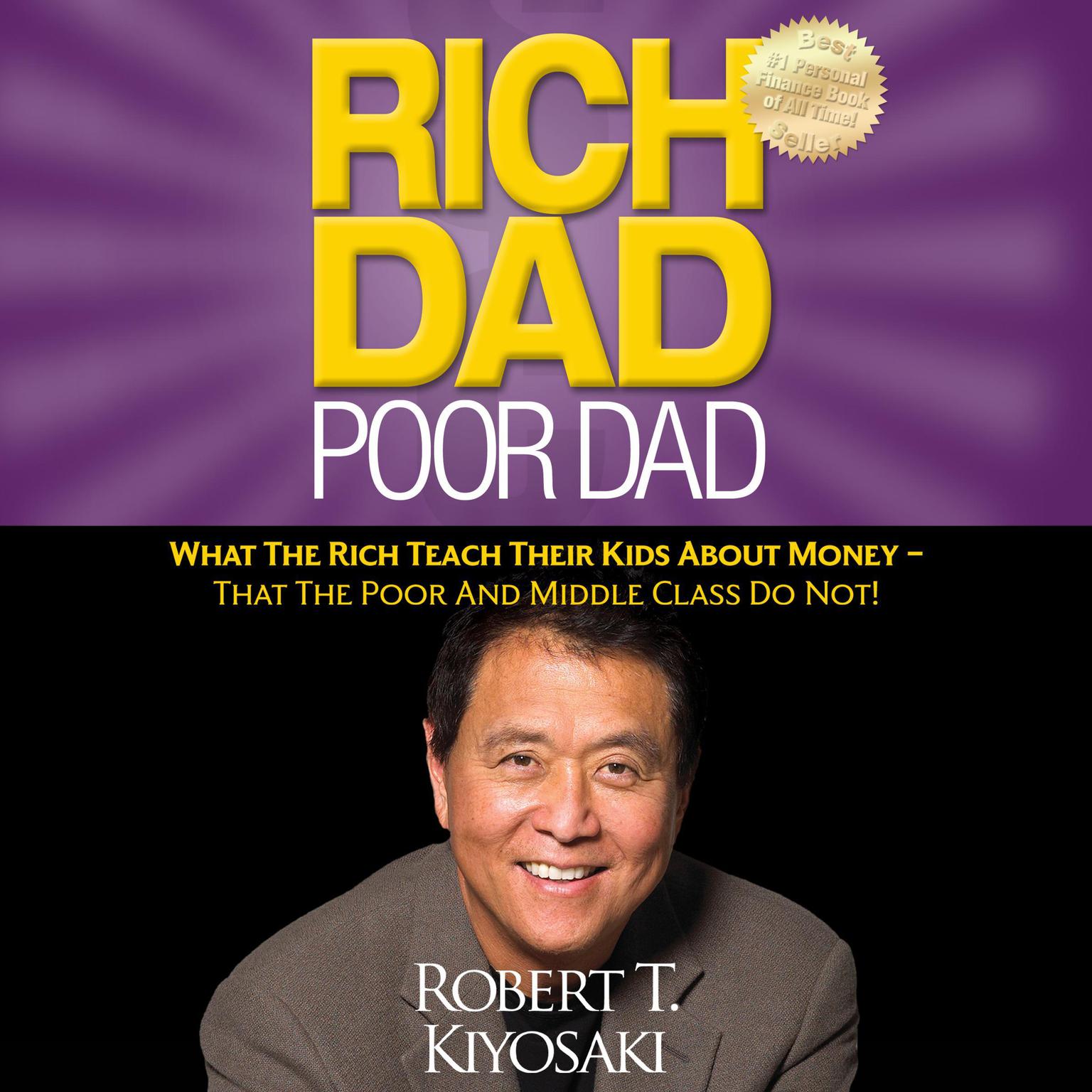Publisher Description
In a tech-dominated world, the most needed degrees are the most surprising: the liberal arts.
Did you take the right classes in college? Will your major help you get the right job offers? For more than a decade, the national spotlight has focused on science and engineering as the only reliable choice for finding a successful post-grad career. Our destinies have been reduced to a caricature: learn to write computer code or end up behind a counter, pouring coffee. Quietly, though, a different path to success has been taking shape.
In You Can Do Anything, George Anders explains the remarkable power of a liberal arts education – and the ways it can open the door to thousands of cutting-edge jobs every week.
The key insight: curiosity, creativity, and empathy aren’t unruly traits that must be reined in. You can be yourself, as an English major, and thrive in sales. You can segue from anthropology into the booming new field of user research; from classics into management consulting, and from philosophy into high-stakes investing. At any stage of your career, you can bring a humanist’s grace to our rapidly evolving high-tech future. And if you know how to attack the job market, your opportunities will be vast.
In this book, you will learn why resume-writing is fading in importance and why “telling your story” is taking its place. You will learn how to create jobs that don’t exist yet, and to translate your campus achievements into a new style of expression that will make employers’ eyes light up. You will discover why people who start in eccentric first jobs – and then make their own luck – so often race ahead of peers whose post-college hunt focuses only on security and starting pay. You will be ready for anything.
Download and start listening now!
“George Anders…makes his case systematically, sharing stories of people who turned years of studying subjects like literature and anthropology into interesting, surprising, sustainable careers. Anders doesn’t just sound like he’s defending the humanities and social sciences; his words and performance advocate the pursuit of these disciplines, pointing out how the critical thinking and creative skills they develop can be applied in a number of fields. With quiet passion, he notes that even tech and finance companies rely on liberal arts majors to help them bring their ideas to profitability.”
—
AudioFile

![Apartments and Mortgages: The 50 Tricks of Purchase [Russian Edition] Audiobook Apartments and Mortgages: The 50 Tricks of Purchase [Russian Edition] Audiobook](https://media.audiobookstore.com/c/f/cf27/cf27-square-1536.jpg)
